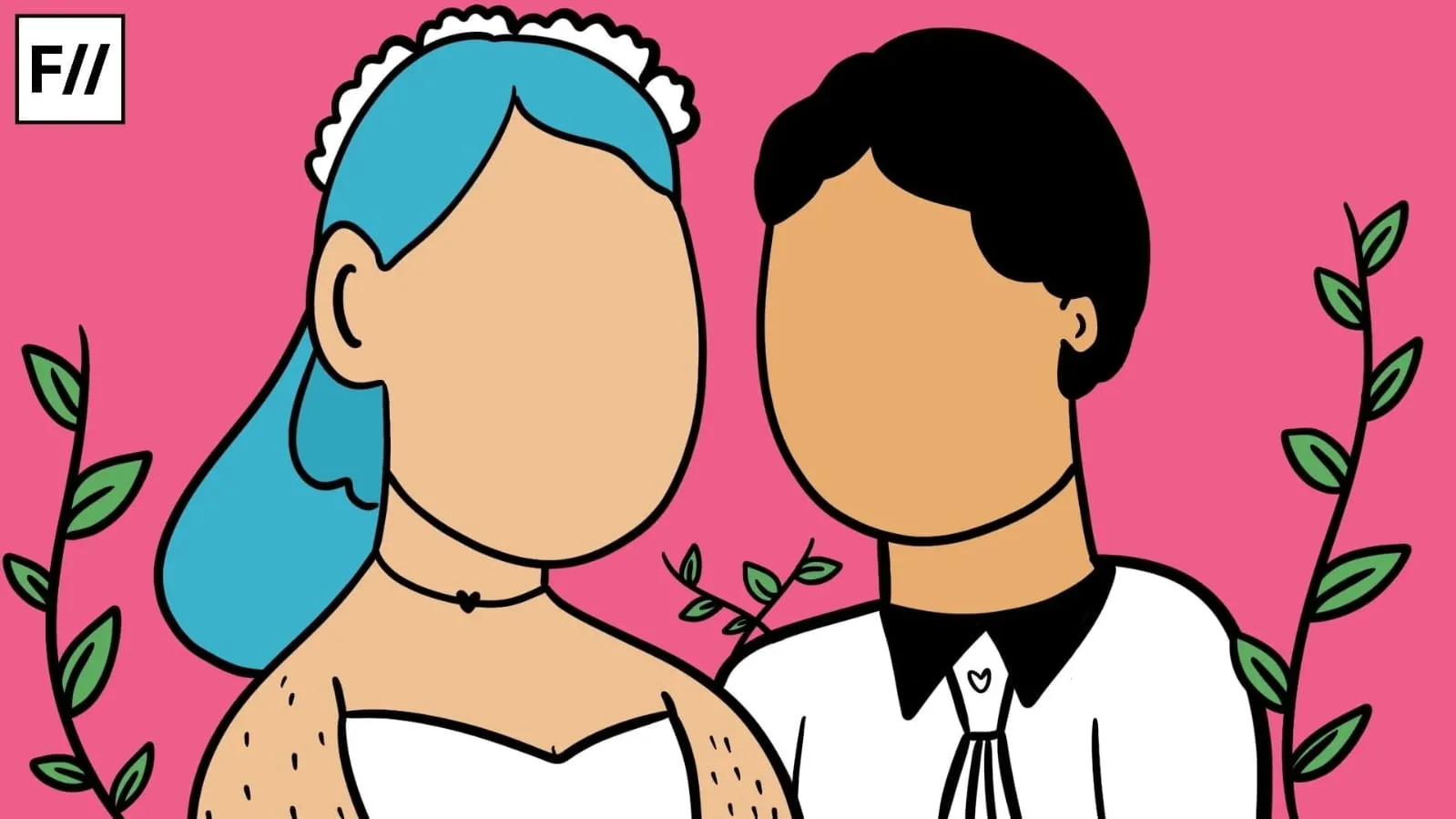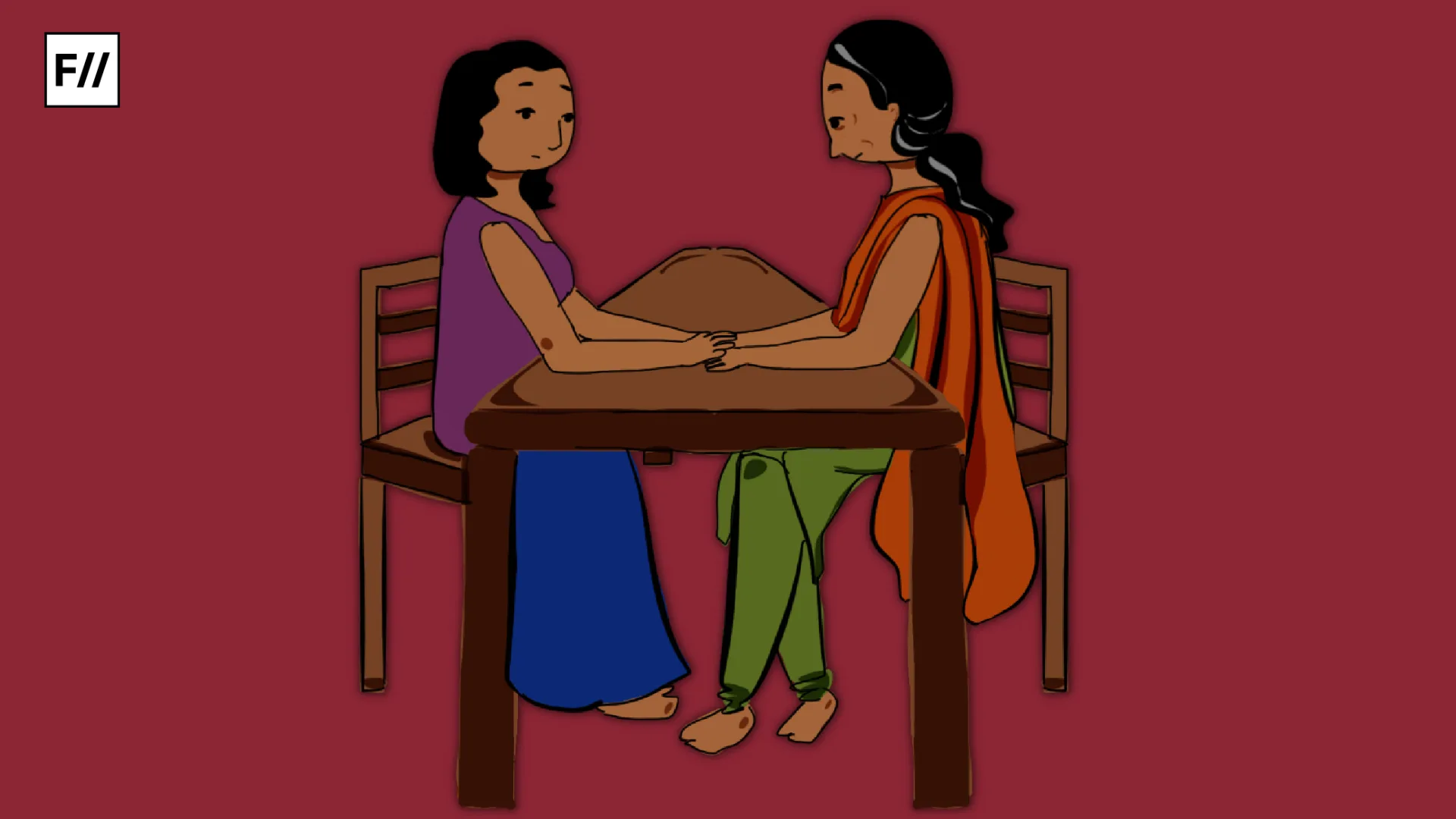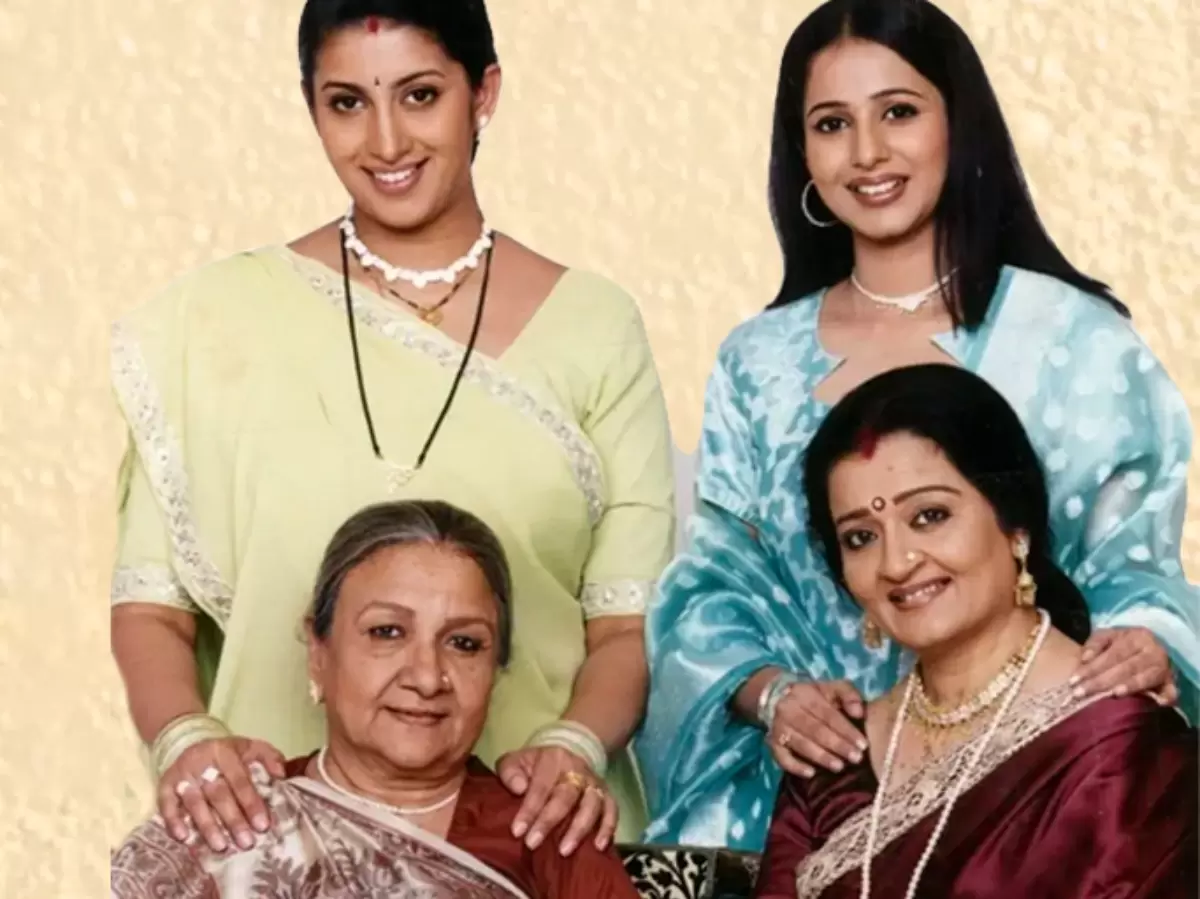Editor’s Note: This month, that is October 2020, FII’s #MoodOfTheMonth is Childhood and Relationship With Parents and Family,where we invite various articles to highlight the different experiences that we all have experienced in some form or the other in our birth or chosen families and have been negotiating with them everyday. If you’d like to share your article, email us at pragya@feminisminindia.com.
“Family as a sacred space” is a myth in a deeply patriarchal country like India. Here, the conventionally heteronormative family many times functions as a toxic space employing abuse, manipulation, guilt, and control to curtail their children’s opinions, aspirations and identity formation. This is especially true for those children who aspire for lives that don’t conform to the narrow conventions of society be it in terms of gender identity, career and social choices, or even following the faith of their choice.
In the past one year, we engaged with 600 adolescents, 60 teachers and 100 parents through gender sensitisation workshops in Kumbakonam, a small town in Tamil Nadu. In the process, we saw that children’s views on gender roles, gendered violence, sexuality, romantic relationships and what constitutes the values of an ideal man/ woman etc., were often drawn from the value systems followed by the adults in their lives—parents, teachers and sometimes, media personalities. While it has been studied that both family as well as secondary agents of socialisation impact the identity formation of children, we would like to focus more on the influence on the family unit in this article.
Meenakshi, an artist and craft lover, 15 years old gets constantly told by her parents that she can’t go outside to hang out or go out of town to study because as per astrology she will have a love-inter-caste marriage. She has been told this since she was 14. Meenakshi shrugs it off that her parents’ belief as superstitious on some days and on other days feels hurt, “Why me?”; “ Why did he have to tell them like that?”
Selvaraj, 16 years, passed an obscene remark at his classmate by reducing her worth to a sexual act. He said, “You are just fit enough to suck someone’s dick.” After many months, when confronted by the facilitator it became clear that he was unaware that it was inappropriate and it’s offensive to say such things because his father and his friends in his neighbourhood say it. It took almost 30 mins to convince him that it’s inappropriate and sexist.
Suganya, 15 years, feels lonely and says that she doesn’t have friends and gives a grand confession that she has mentally prepared herself to be alone for the rest of her life. When we probed her on why she doesn’t have friends she says, “My mother keeps comparing me to others so whenever I see them, I feel angry.” And adds, “My mom also tells me not to talk to Vijaya because she purposefully makes me laugh and gets me into trouble for laughing in class but she manages to score more and I think she is right, I don’t like Vijaya.”
Even now, most girls can’t go out anywhere by themselves besides going to school and tuition classes. In most Indian families, we are still fighting for very basic things—freedom to go out, to study a course of one’s choice, to wear clothes one wishes and to be able to express one’s opinion.
These are among the many examples that we hear from the students. When asked about what are the things that land them trouble at home, and what they wish to tell their parents, most of the responses revolved around basic needs and desires. Their conversations and demands were around the need for mobility and freedom such as permission to visit a friend’s house, to play outside, freedom in their choice of attire and in interacting with a friend from the opposite gender etc.
Girls’ demands were for the freedom to go out and boys’ demands were for access to more time to play/phones. Even now, most girls can’t go out anywhere by themselves besides going to school and tuition classes. In most Indian families, we are still fighting for very basic things—freedom to go out, to study a course of one’s choice, to wear clothes one wishes and to be able to express one’s opinion. Conversations or healthy discussions on sexuality, ambitions and career aspirations rarely take place.
Indian families are conditioned to label any form of questioning as ‘rebellion’ and the bar for a rebel is so low in this country. In the session with parents, the common problems raised were about the difficulties they faced in communicating with their children and the tendency among them to “talk back” to their adults. Here, Meenakshi going to meet her friend becomes an act of ‘rebellion’, and it is very likely that she would probably grow up thinking that she doesn’t fit in without realising the problem is with her parents and not her.
Due to the lack of a culture that allows children to openly express their evolving ideas and opinions, they are often taken for granted and expected to merely follow their parent’s expectations in the name of parenting and “doing what is best for them.” Children, in general, are discouraged to question the parenting and societal norms and are made to feel guilty when they do so. This is truer in case of girls, who were scared to question the numerous restrictions placed on their mobility, aspirations and socialisation in the name of raising them as “good girls.” Both parents and children voiced out their need to be understood in our workshops. This makes it clear that there is a huge problem of communication within our families and lack of any such platforms for meaningful interaction.
Due to the lack of a culture that allows children to openly express their evolving ideas and opinions, they are often taken for granted and expected to merely follow their parent’s expectations in the name of parenting and “doing what is best for them.” Children, in general, are discouraged to question the parenting and societal norms and are made to feel guilty when they do so.
Indian parents, like their counterparts across the world, are often unaware of the intense emotional trauma they subject their children to by imposing their attitudes, values and ideals on them. The skewed power structure of the dysfunctional Indian family is more aggravated when there are abusive parents in the picture. Threats and slurs of physical violence are normalised among children. In one of our classes, 34 out of 65 children admitted to having witnessed acts of domestic violence either in their homes or among immediate family members. This won’t come as a surprise as according to NHFS-4 survey one-third of Indian women are subjected to violence. In some cases, children and women from abusive households are forced to stay at home also because of the lack of government or societal support structures in place.
The participants of our workshops were mainly children from lower-income, semi-urban, Tamil speaking backgrounds in Tamil Nadu. However, in the Indian scenario, children’s experiences are not drastically different even if they grew up in affluent families with literate parents in the cities. Family structure and dynamics in India are flawed like elsewhere, and this idea needs to be destigmatised so that we can work on fixing them. In all three examples we had given here, children are bred in casteist, patriarchal, undemocratic families.
Also read: My Experience Of Discussing Childhood Trauma With Family
When Indian families act as self-nominated gatekeepers of tradition and values, children need to grow up realising that personal is indeed political, and be able to identify the reflections of the deeply unequal power structures of our society within the dynamics of their families. More importantly, the family shouldn’t be the ‘ideal’ that our workspaces and institutions try to emulate. Doing so often results in creation of spaces imbibing the hierarchical structure of families where personal choices and boundaries are not adequately respected.
We can’t expect these children to magically transform themselves into responsible ideal citizens with tolerant social justice values without having experienced any democratic values. The change must start within our families—to question, to love anyone, to call out discrimation based on caste or gender and to respect the difference of opinions.
In the context, where 65% of Indians aged 18-35 continue to stay with their parents, it is all the more necessary that interventions targeting family go beyond socioeconomic well-being and encourage platforms for constant dialogue on democratic values. The progressive policy interventions aimed at equality and development can be truly impactful only if we actively consider family also as one of influential stakeholders. To realise our social justice ideals, It is important to invest resources to transform the archaic attitudes associated with family, and enhance autonomy and agency for children, women and marginalized identities in them.
Our interactions with the children of Kumbakonam, reminded us, the facilitators, of our own journeys towards being independent thinking women. Even with our privileged socio-economic backgrounds and access to quality education, it has been a continuous process to unlearn our families’ internalised caste, gender and religious biases.
Also read: A Marxist-Feminist Reading Of Sexual Division of Labour In Family
However, we realise that even basic freedoms are a luxury for most of the children in our country and children from less privileged backgrounds are at a greater risk. Hence, it is our collective responsibility to create, identify, re-define traditions, practices and values in our public and private spaces, aligning with our constitution.
Sethulakshmi is an artist and researcher with interests in art, womxn, and mental health.
Vaishnavi is an independent researcher in Kumbakonam with interests in community, democracy and politics. Kdrama, constitution and gender are our common interests and more on work can be read here. They can be reached at sethulakshmivinayan@gmail.com and vaishnavi.cnathan@gmail.com.




